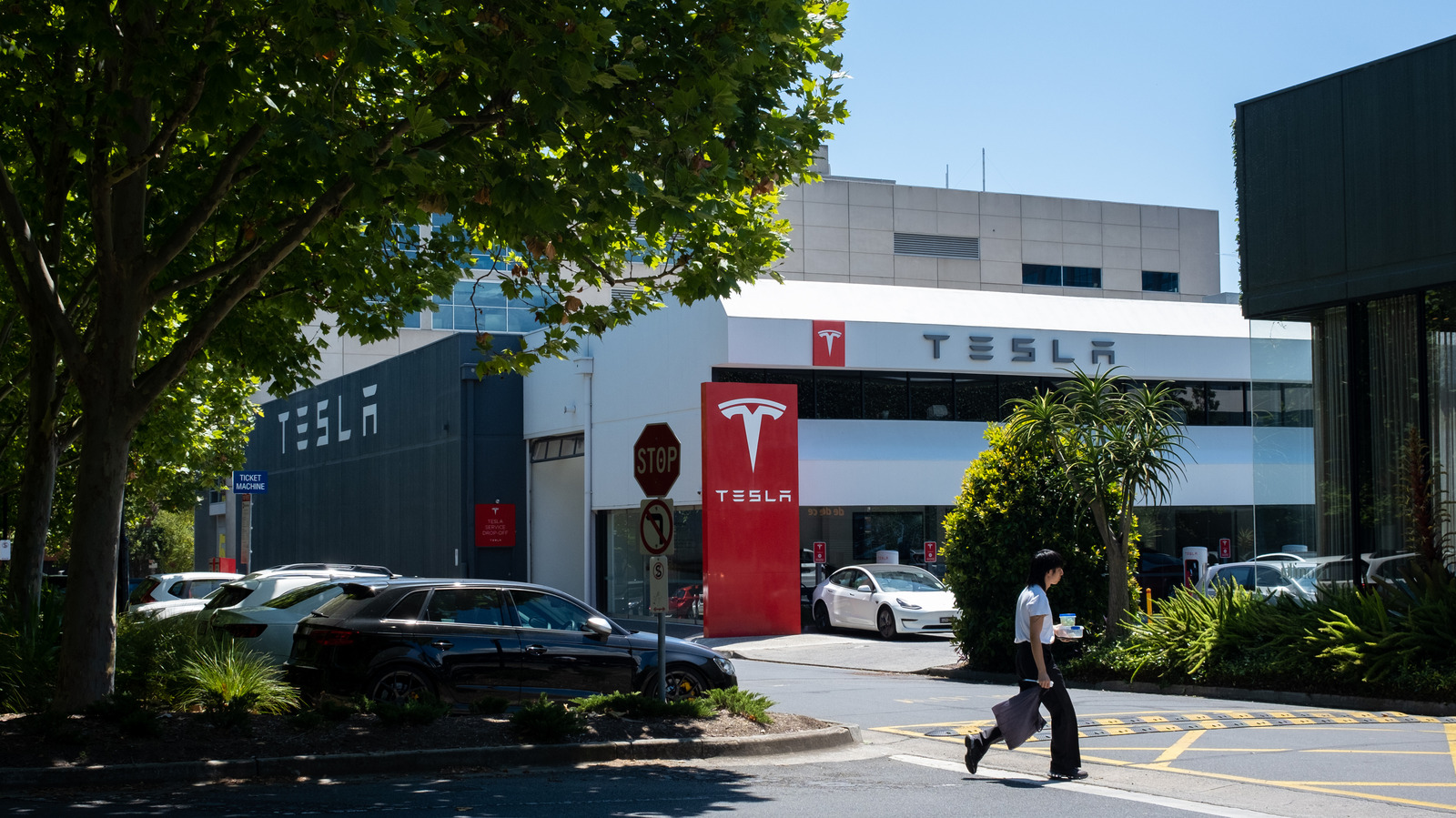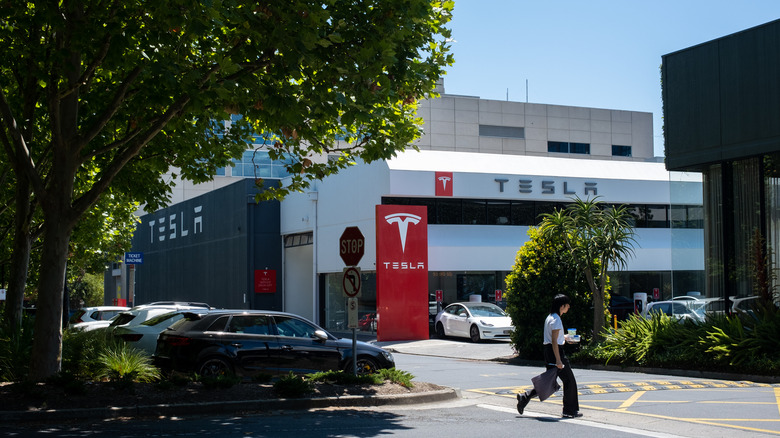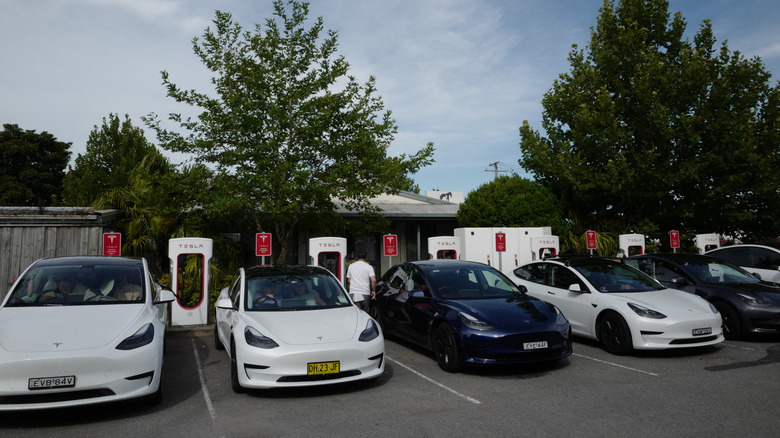A group of French Tesla owners recently sued the Texas-based automaker, claiming Elon Musk’s actions have turned their cars into “far-right totems,” right as Musk is trying to crawl back into President Trump’s good graces. You know, right after Musk implied Trump has a history of statutory rape that his old friend Jeffrey Epstein helped him indulge in. Those aren’t the only problems Tesla is dealing with right now, though, as a group of thousands of Australian owners has also sued the company over its widely reported phantom braking issues, Australia’s ABC News reports.
About 10,000 Tesla owners have reportedly joined the class-action lawsuit, which isn’t just limited to the phantom braking problem but also Tesla’s failure to deliver true self-driving capability and allegedly overstating its cars’ range figures. The case began moving through Australia’s Federal Court last month and claims Tesla misled owners about what they were buying. Phantom braking issues, however, appear to be their top concern, as they leave drivers afraid of what their car may do.
“Drivers have reported feeling completely terrified when their vehicles have braked suddenly and it has led in some cases to collisions,” class action attorney Rebecca Jancauskas told ABC News. “We’ve had many reports of people who registered for this class action, telling us that they’ve been driving with their hands on the vehicle, fully alert, and these issues have occurred nonetheless.”
The news outlet also contacted Tesla Australia for a statement but never got a response.
Settlement incoming?
While phantom braking is a well-known issue with Teslas, and thousands of owners have joined the lawsuit, Australia’s federal infrastructure department has reportedly only received six formal complaints about it over the last two years. Whether that’s because the problem is less common in Australia or because owners just didn’t go through the process of filing an official report isn’t clear. Regardless of whether they’ve joined the lawsuit, the National Roads and Motorists Association’s Peter Khoury told ABC News that if they experience phantom braking, they need to report it to the government so it has a better idea of the scope of the problem.
“If you are experiencing this occurring in your vehicle, go to the manufacturer immediately because this can be a safety risk if it is occurring,” Khoury said. “If you’re not satisfied with what the manufacturer has told you or done, you’re not powerless in Australia. There is the capacity to notify the Australian government.”
The lawsuit seeks to compensation for Tesla owners facing lower resale value now that other potential buyers are aware of the phantom braking issues and other problems. Unfortunately, lawsuits tend to move slowly, and that includes class-action lawsuits, so it’ll probably be a while before we learn whether or not Australian Tesla owners will actually get any money or if Tesla will eventually admit fault. Based on its history, though, don’t be surprised if the electric automaker simply settles instead.




